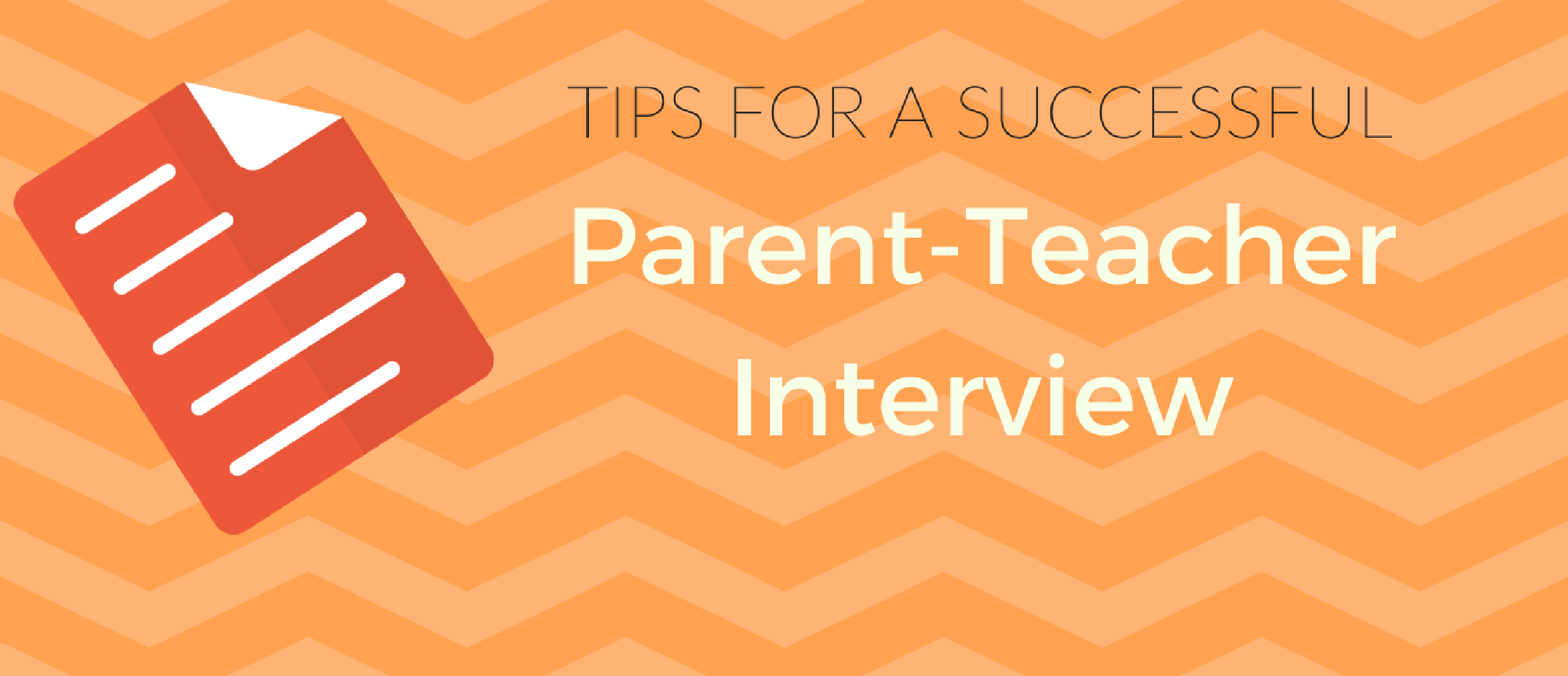With the New Year well underway, many parents recently received a copy of their child’s report card. Some school boards use the upcoming parent-teacher interviews to specifically meet with parents of students whose academic achievement has declined significantly or whose placement in an alternative (e.g. gifted) or special education program is being considered.
It’s important to keep in mind that this interview will cover both your child’s strengths and weaknesses. Parental involvement is a strong predictor of a child’s academic success, so use this an opportunity to discuss their accomplishments at school, and develop ways to further support their growth and development. This is a time for parents and teachers to collaborate.
While it can be easy to become defensive when hearing ways your child can improve their performance in an academic setting, it’s important to maintain open discussion with your child’s teacher, and remember that you have the same goal—your child’s success.
Ask questions, seek support, and share your own observations on your child’s strengths and weaknesses.

Follow these tips for before, during, and after the interview, to help facilitate the parent-teacher interview process, and make the session more constructive for both you and the teacher.
1. Before the Interview:
Each teacher has many students. The parents of whom are all coming in for interviews. Because of the limited time for each interview, it is important to do your research beforehand to dedicate the most time possible to discussing your child’s specific strengths and weaknesses. You can utilize the following steps to help streamline the interview.
- Observe your child’s behaviour at home, and talk to others about their observations as well. Keep a list of any concerns you may have.
- Review the curriculum. Review what your child has been learning, so as to better formulate questions and understand their performance.
- Review your child’s grades, work, and any progress reports.
- Think about ways you’d like to be involved in your child’s education.
- Organize any questions or concerns you may have into a comprehensive list, and bring this to the interview.
Possible questions to ask your child’s teacher:
- Is my child performing at grade level? (in science, math, reading, writing?)
- How does my child’s performance compare to others in the class?
- What are my child’s strengths?
- What are some areas in which my child can improve?
- What can I be doing at home to reinforce learning?
- What activities does my child enjoy most?
- How does my child get along with other students?
- How is my child doing emotionally?
- Are there any attention or behavioural concerns?
- What services are available at the school to help support my child?
- Do you think I should inquire about further evaluation for my child?
- What is the best way to contact you?
2. During the Interview:
The parent-teacher interview provides an opportunity to have an open and honest conversation with your child’s teacher. It’s important to adjust your expectations, and try to not to become defensive when discussing any weaknesses your child may have.
- Present your child’s teacher with your list of concerns.
- Ask questions if you don’t understand what the teacher is explaining.
- Try to not become defensive and stay positive, friendly and cooperative.
- Ask questions about how they are performing, and how they can improve.
- Have a conversation. It’s important to both talk and listen
3. After the Interview:
Now that you’ve had a constructive meeting with your child’s teacher, now’s the time to put what you’ve discussed into action.
- Write down what you and your child’s teacher will do to help support your child’s academic and behavioural goals (You can also choose to do this during the interview). Specify what you will do, when you will do it, and how often. Please note that an “action” can also be an agreement that a third party or professional should get involved, such as a tutor, speech and language pathologist, or a psychologist (see #4 below).
- Schedule another time to talk with your child’s teacher to discuss your child’s progress.
- Include your child. Share with them what you have learned from their teacher, and what you believe will help them succeed in the future.
- Ask your child what they think will help them succeed, and assist them in planning their own personal goals.
4. Further Evaluation
After speaking with your child’s teacher, and reviewing your own thoughts and observations about your child’s progress in school, it may be determined that your child demonstrates academic and behavioural signs that require further evaluation. This can be done through a psychoeducational assessment. Explore our blog, website and frequently asked questions to learn more about psychoeducational assessments.
